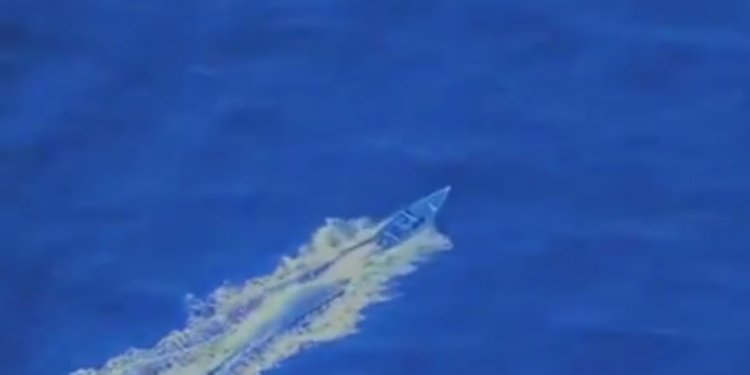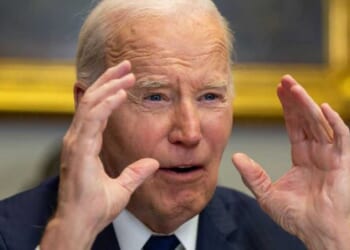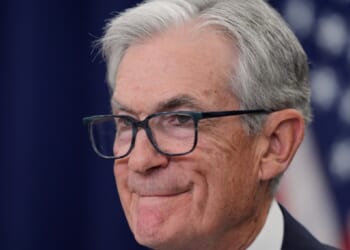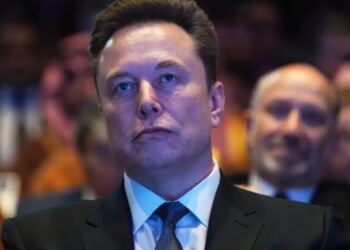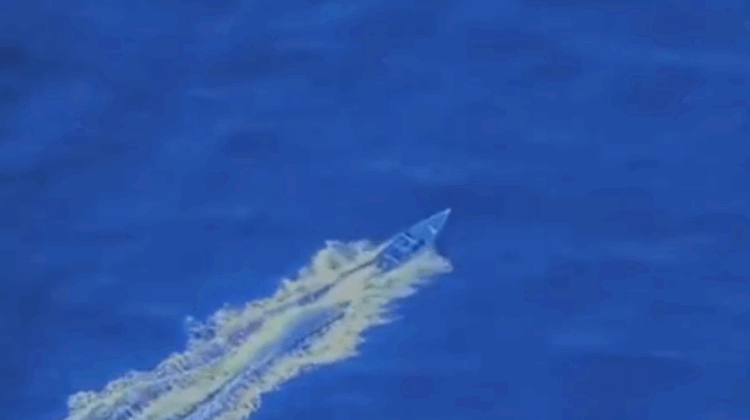
[Order Michael Finch’s new book, A Time to Stand: HERE. Prof. Jason Hill calls it “an aesthetic and political tour de force.”]
In 1831, President Andrew Jackson dispatched the USS Lexington to the Falkland Islands to respond to attacks on American fishing vessels in the area. The Lexington rescued the American vessels and American citizens, and took some of the locals, loosely aligned with British and other local authorities, prisoner as punishment for seizing the American ships.
Jackson did not pursue a declaration of war which, in any case, would have involved a fairly nebulous authority in Buenos Aires, or more dangerously, with London, although after having already dispatched the USS Lexington, he suggested to Congress that “they may clothe the Executive with such authority and means as they may deem necessary for providing a force adequate to the complete protection of our fellow citizens fishing and trading in those seas.”
The Falklands Incident, as it was known, 194 years ago, was one of many interventions by American forces against, as Jackson put it, “bands” linked to governments, without being part of them that were attacking, looting, smuggling (including carrying slaves) or otherwise causing injury to our national interests. President Trump’s attacks on drug trafficker boats follows almost two centuries of military interventions against non-state forces beginning with President Thomas Jefferson’s war against the Barbary pirates who attacked American ships in the name of Islam.
Presidents sometimes sought congressional approval, sometimes did not or followed a loose middle ground, as Jackson did, or relied on general congressional authorizations for protecting national interests, combating piracy and smuggling, because while declarations of war against another state required congressional approval, actions taken against non-states did not.
There have been legitimate complaints about presidents in the past going to war against nation states without congressional approval, but, especially after 9/11, this was mixed up with illegitimate objections to attacks being carried out against terrorists, guerrillas, pirates, criminals and other non-state actors which require congressional funding, but not congressional approval.
From the Barbary Wars to the campaign against pirates in the 1820s, America’s first presidents routinely dispatched the US Navy to combat threats to U.S. shipping and trade, sometimes violating the ‘territorial sovereignty’ of foreign states in the process without the need for any ‘declaration of war’ since there was no actual war being fought with any actual nation state.
The idea that the United States could not engage in military operations on the high seas against threats without a congressional declaration of war would have been completely foreign to the men who built this country, founded it as a republic and oversaw its tumultuous early decades.
Jefferson relied on the ‘Act for the Protection of Commerce of the U.S. in the Mediterranean’, which was much like the Authorization for Use of Military Force employed by Congress after 9/11 against which lefties, libertarians and other anti-Americans ceaselessly rage against.
The closest counterpart to President Trump’s long range interceptions of drug traffickers in Latin America however was the African Slave Trade Patrol carried on by the US Navy, capturing slave ships and freeing slaves. (Despite the false smears of critical race theory and the 1619 Project, the United States had begun liberating slaves not very long after its constitutional birth.)
Much of the legal work of the African Slave Trade Patrol was carried out under the Piracy Suppression Act of 1819 which, among other things, made enslavement punishable by death.
After the Civil War, smuggling slaves was supplanted by a new evil: smuggling narcotics.
By the 1880s, the drug war was underway with the interception of ships smuggling opium from China, by 1922, the Narcotic Drugs Import and Export Act criminalized the possession of drugs in international waters and by the 1970s, drug vessels were being tracked by planes and satellites in international waters. The original American and European smugglers were replaced by Latin American Marxist terrorist organizations like the one now ruling over Venezuela.
Or the current leadership of Colombia.
Going back over 120 years, Congressional resolutions showed a clear understanding that the drug problem was being driven by nations cultivating drug crops. In the 1920s, blame was directed at China, Iran and the British who then ruled over India. Pressuring foreign countries to stop producing drug crops and intercepting drug smugglers was standard for a hundred years.
President Trump’s strategy is a continuation of pre-existing understandings and measures while avoiding the tedious games that had characterized previous anti-drug smuggling operations at sea like the infamous search for the ‘Night Train’ or more recent efforts to intercept drug subs.
Industrialized drug smuggling operations like the one being targeted by President Trump are not just the work of individual criminals or organizations, but of state sponsored enterprises closely linked to terrorist groups and enemy nations, operating out of some of the same areas where past presidents had used military force to protect our interests for almost two centuries.
While air strikes on these drug smuggling crafts rub some liberals and libertarians the wrong way, interceptions of drug vessels had always been backed by the threat of deadly force in international waters. Trump simply cut through the pretense of cat and mouse chases with narcoterrorist organizations that had enabled drug trafficking to become a massive industry.
President Thomas Jefferson, President Andrew Jackson, President Teddy Roosevelt and some of the most hallowed presidents in our history had led the way in protecting American sailors, cargoes and interests in international waters. President Trump is following in their footsteps.

